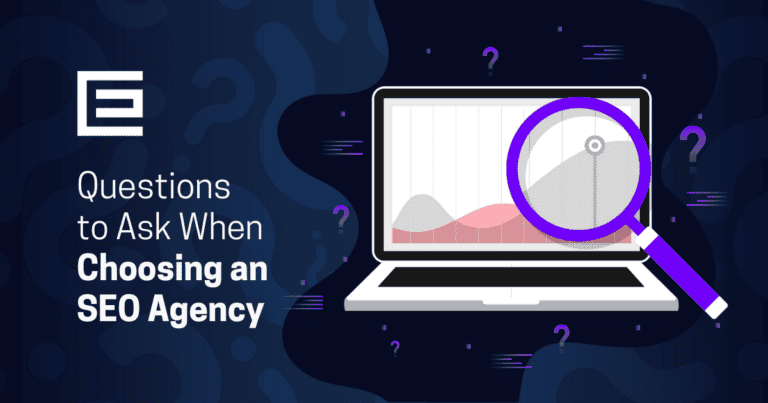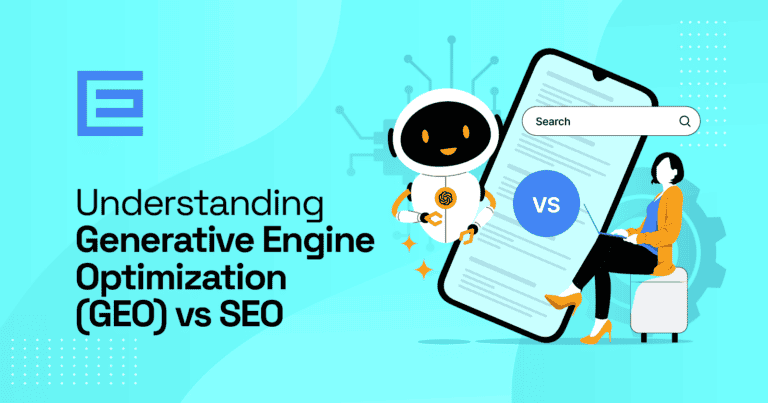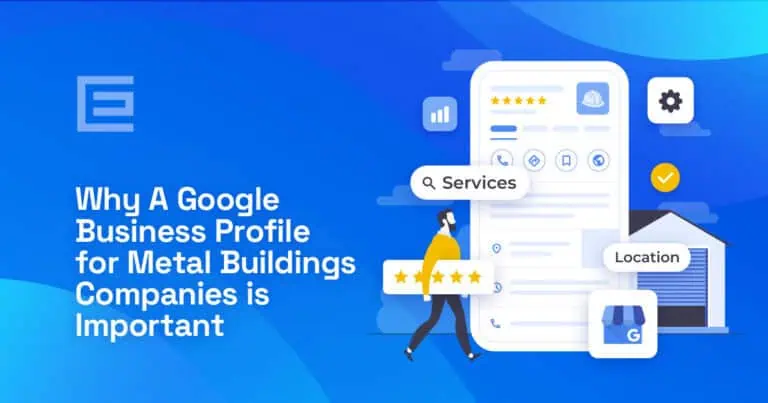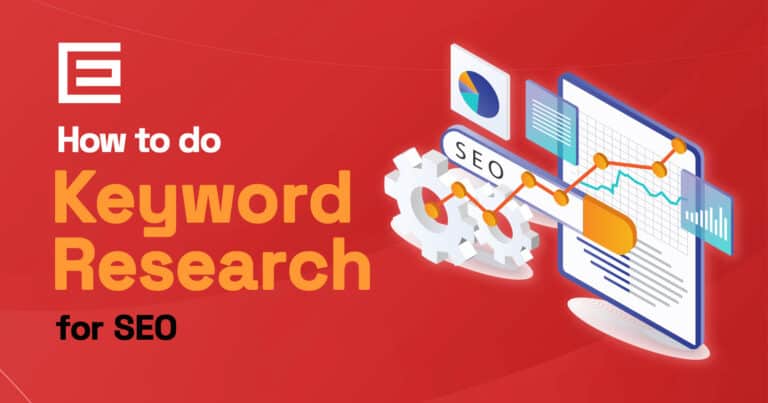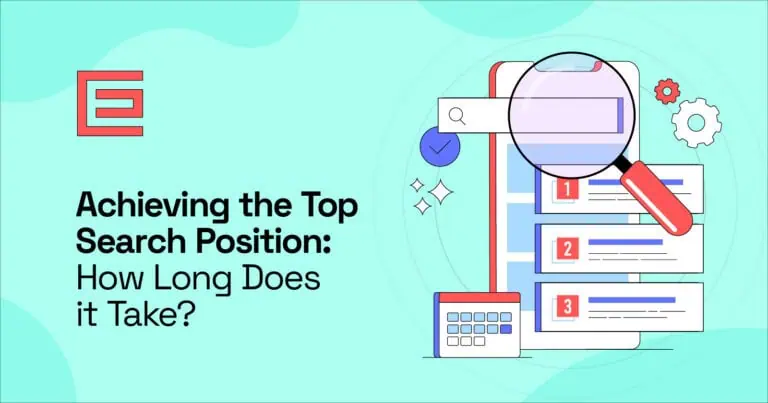- 1Set Goals and Create a Clear Marketing Strategy
- 2Implement Ongoing Keyword Research for SEO
- 3Use Geotagging Strategically
- 4Organize and Structure Web Content Tactfully
- 5Button Up Technical SEO
- 6Consult Data Sources for Proper Optimization
- 7Leverage Google Ads
- 8Tread Carefully with AI
- 9Prioritize Positive Reviews
Key Takeaways
- Set clear business goals and build an SEO-driven content strategy
- Conduct ongoing keyword research to stay ahead of trends and competitors
- Use geotagging to boost local SEO and improve user experience
- Structure your content with tables of contents, clear headings, and relevant info
- Optimize technical SEO, including Core Web Vitals, site speed, redirects & indexing
- Use tools like GA4 and Search Console to refine your SEO approach with data
- Leverage Google Ads for visibility, A/B testing, and featured snippets
- Tread carefully with AI-generated content and focus on authenticity
- Prioritize customer reviews on your Google Business Profile to build trust & improve local rankings
Whether you’re a small business or a large enterprise, understanding the nuances of Search Engine Optimization (SEO) is crucial to driving traffic and boosting conversions.
As a leading digital marketing agency in Raleigh, TheeDigital has helped businesses nationwide increase their organic search rankings. Join our marketing specialists as we share actionable SEO tips that can elevate your website’s performance and enhance its visibility in search engine results.
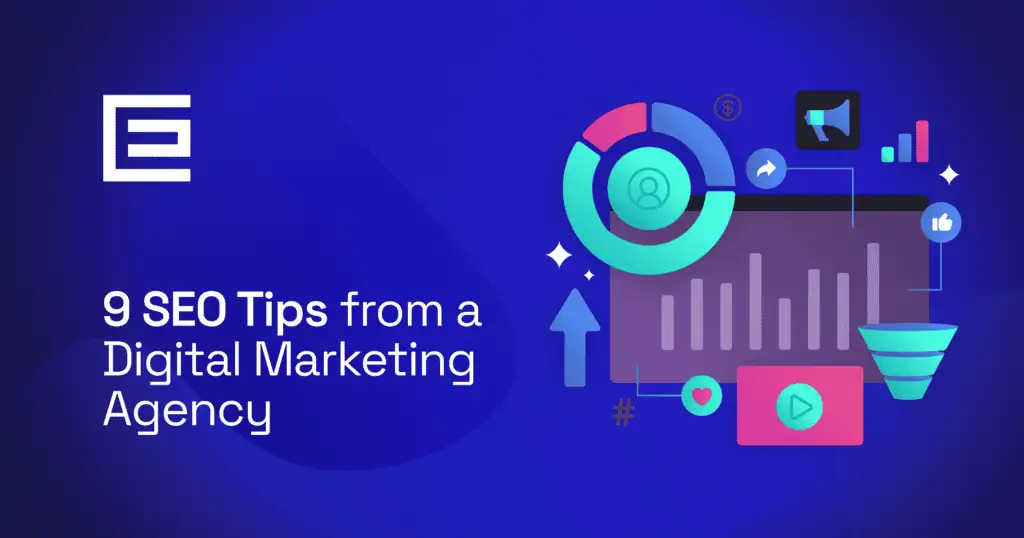
#1: Set Goals and Create a Clear Marketing Strategy
As with most plans of action, the first and foremost priority is to identify your business goals and devise a clear strategy that will help you achieve those goals.
Conduct Comprehensive Keyword Research
One of the first SEO tips we recommend include robust keyword research to identify your target keyword for each service you want to promote. Google search results are highly leveraged on websites that have relevant pages with content that resonates with a user and answers their questions and concerns. By finding relevant keywords to core topics related to your business, you can generate search traffic to your website.
Understand Your Competitors
SEO is not just about what you do on your own website—you’ll also want to understand your competitors and identify what related keywords they are outranking your website for. This will help you understand the strategies used for other sites by competitors so you can uncover gaps in your own marketing strategy.
Develop a Clear SEO Strategy
Once you’ve defined your goals and conducted informational keyword research, it’s time to create a clear and actionable plan to optimize Google rankings and results on other search engines.
Your SEO checklist should include:
- On-Page SEO: Optimizing your website’s content, internal links, meta tags, and headings.
- Off-Page SEO: Building quality backlinks and increasing social media engagement.
- Content Strategy: Developing a content calendar with regular updates that align with the keywords you’ve targeted.
#2: Implement Ongoing Keyword Research for SEO
While keyword research may be a core part of our first simple SEO tip, this is an important SEO task you can revisit time and time again. In fact, our dedicated digital marketers conduct research for long tail keywords and keyword difficulty to rank pages for both new and existing clients all the time. This gives us a keen eye into your business and allows us to identify gaps in keywords between your business and competitors.
In order to become one of the top ranking pages in Google search results, ongoing keyword research allows your business to:
- Adapt to Changing Search Trends: Search behavior evolves, so regularly refining your keyword strategy ensures your website stays relevant to current trends and audience needs, resulting in higher website ranking and more traffic.
- Capture New Opportunities: Fresh keyword research allows you to identify emerging products, services, and market trends, capturing untapped opportunities for SEO content.
- Stay Ahead of Competitors: By revisiting your keyword strategy regularly, you can stay competitive, uncover new opportunities for your site’s content, and adjust to industry shifts.
#3: Use Geotagging Strategically
Geotagging is the practice of adding geographical metadata to images, videos, or other media files. When used strategically, geotagging can offer a variety of SEO benefits, particularly for local businesses aiming to increase visibility in local search results.
Benefits of Geotagging on Website Images
Our SEO tip of geotagging images on your website can provide valuable advantages, especially for local businesses:
- Boosts Local Search Rankings: Helps associate your content with specific locations for better local SEO.
- Enhances User Experience: Makes it easier for visitors to connect your images with relevant local context.
- Improves Mapping Integration: Geotagged images support map services like Google Maps for accurate location representation.
Geotagging Mistakes to Avoid
While geotagging can be a powerful tool for local SEO, it’s important to use it wisely. Mistakes in SEO and geotagging can hurt your search engine rankings and confuse potential customers. In order to ensure search engines navigate your site effectively, avoid these common geotagging mistakes:
- Over-Optimization: Too many geotagged images with location keywords can be seen as an attempt to manipulate rankings.
- Conflicting Locations: Geotags that don’t match your business address can confuse search engines.
- Negative Keyword Effects: Geotagging might inadvertently target irrelevant or negative keywords, harming local SEO.
#4: Organize and Structure Web Content Tactfully
When creating content for your website, it’s essential to focus on how it’s organized and structured. A well-structured page not only enhances readability for users but also improves your SEO performance.
Add a Table of Contents
Including a table of contents at the beginning of your blog post or service page helps users easily navigate through your content. This is especially useful for long-form articles, as it allows visitors to jump to sections that are most relevant to their interests.
Use Structured Headings
Headings (H1, H2, H3, etc.) help break your content into easily digestible sections. Not only does this make your content more accessible to readers, but it also signals to search engines what each section is about. Be sure to use your primary keyword in your headings, but avoid overstuffing them. Instead, focus on creating clear, relevant headings that make sense to both users and search engines.
Provide Relevant and Helpful Content
One of the essential SEO tips for success is to ensure your content is comprehensive and provides value to your readers. Address their concerns, answer common questions, and offer actionable insights. Relevant, helpful content in the form of blog posts, service and product pages, landing pages, industry news, and instructional guides keeps users engaged and encourages them to spend more time on your site.
#5: Button Up Technical SEO
Before you do any on-page search engine optimization, including blog articles and service pages, you should ensure the technical aspects of your website’s SEO are pristine. Technical SEO is the backbone of any successful SEO strategy, and addressing it ensures that search engines can properly crawl, index, and rank your website.
Here are the key areas to focus on:
- Core Web Vitals: Focus on loading performance, interactivity, and visual stability. Optimize site speed, reduce JavaScript blocking, and ensure mobile-friendliness.
- Page Speed and Website Performance: Slow pages hurt SEO. Use tools like Google PageSpeed Insights, compress images, enable caching, and minimize code to improve speed.
- Redirects and Broken Links: Regularly check for 404 errors and set up 301 redirects to maintain a smooth user experience.
- Meta Tags Optimization: Optimize title tags and meta descriptions with target keywords, avoid keyword stuffing, and adhere to pixel limits for each page.
- Ensure Your Website is Indexable: Check your robots.txt file and Google Search Console to ensure important pages are indexable by search engines.
#6: Consult Data Sources for Proper Optimization
Google Analytics 4 and Google Search Console are two free yet vital sources for data extraction. For insights on website traffic broken down by channel group, queries that lead users to specific pages, and insights on specific landing pages and so much more, knowing your website’s data is one of our most crucial SEO tips for your marketing strategy.
GA4: Website Traffic and Channel Insights
Google Analytics 4 offers comprehensive data about how visitors are finding and engaging with your website. With GA4, you can break down website traffic by channel group (organic traffic, paid ads, social media, etc.) to see which ranking factor is driving the most visitors to your site. This allows you to focus your efforts on the channels that yield the best results.
Google Search Console: Query and Landing Page Insights
Google Search Console is another essential tool for tracking SEO performance. It gives you access to detailed data on search queries that lead users to your site, as well as the specific landing pages that are performing well. By understanding which target keywords are driving traffic and how your pages rank for them, you can refine your keyword strategy and adjust your content to better align with user intent.
#7: Leverage Google Ads
Not only is Google Ads a great keyword research tool, it’s a great way to strategically garner quality leads. The best way to successfully use Google Ads is to have a dedicated ads manager.
A/B Testing Across Multiple Platforms
One of the most effective ways to optimize your ads is through A/B testing. Your ads manager can create and test multiple variations of your ads across platforms like Google, Bing, and Facebook. By experimenting with different headlines, images, and call-to-actions, you can identify what resonates best with your audience and refine your approach to boost conversions.
Keyword Monitoring and Optimization
A dedicated ads manager can continuously monitor your keywords, ensuring you’re targeting the most relevant and cost-effective terms. They can also make adjustments to improve performance, reallocate your budget to higher-performing ads, and incorporate new keywords as trends evolve. This ongoing optimization ensures that your campaigns remain competitive and aligned with user search behavior.
Adding Featured Snippets
Featured snippets—those concise, high-ranking answers that appear at the top of search results—are a valuable way to increase visibility. Your ads manager can optimize your ads and landing pages to improve the chances of your content being selected as a featured snippet, helping you stand out and attract more clicks.
Ad Copy Creation and Monitoring Performance
Creating compelling ad copy is essential for driving engagement and conversions. Crafting persuasive and relevant ad copy that aligns with the user’s search intent, then closely monitoring its performance metrics allows you to make adjustments where needed.
#8: Tread Carefully with AI
While the emergence of AI tools are helpful for research and ideas, they can backfire when it comes to content creation. One of our best SEO tips is to urge you to create content that is authentic, has relevant keywords the appropriate number of times, includes external links to credible sites, and includes well-optimized meta descriptions and title tags.
Here are some considerations to keep in mind:
- Quality Over Quantity: AI-generated content should be carefully monitored to ensure it maintains a high-quality, engaging tone.
- Potential for Over-Optimization: Relying too heavily on AI for SEO could lead to unnatural keyword usage or keyword stuffing.
- Ethical Considerations: Ensure AI-generated content is original and doesn’t unintentionally plagiarize other sources.
- Understanding User Intent: AI can’t fully comprehend user emotions or intent, so human insight remains crucial for effective content creation.
#9: Prioritize Positive Reviews
One of the best ways to acquire quality leads is by having a Google Business Profile with positive reviews from existing customers. Google now offers you a unique QR code you can provide customers with when requesting a review to make this easier than ever.
Benefits of acquiring positive reviews on Google include:
- Increased Trust and Credibility: Positive reviews build social proof, making potential customers more likely to trust your business.
- Improved Local SEO: Google values reviews, and having many positive ones can help your business rank higher in local search results.
- Better Conversion Rates: Customers who see positive reviews are more likely to choose your business over competitors.
- Higher Engagement: A strong review presence often encourages more interactions with your business, both online and offline.
Optimize Your Site Structure for Optimal User Experience
Our web design and SEO experts at TheeDigital can help optimize your site’s structure to ensure faster load times, intuitive navigation, and improved search rankings. Reach out today to create a strategy that attracts visitors and converts them into loyal customers.
Get started today by calling us at 919-341-8901 or fill out our online contact form to schedule your FREE 30 minute consultation with one of our marketing specialists. contact form to schedule your FREE 30 minute consultation with one of our marketing specialists
Tags: Our Favorites

